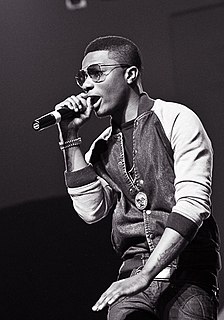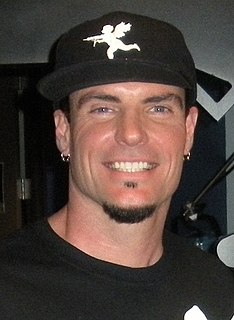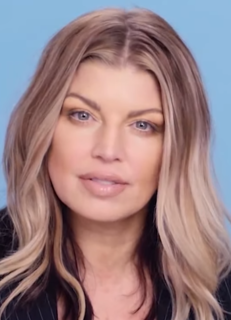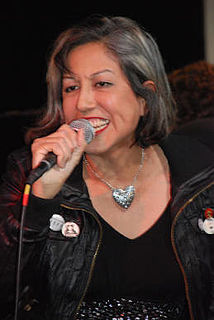A Quote by Jonathan Anderson
For me, doing an interview with someone is like having therapy.
Related Quotes
I was spurred by the fact that having worked for women's magazines myself as a journalist, if you go off and interview a female celebrity, I'd just go in and interview them like I'd interview any human being and talk about the things that interested me. And you'd come back, and you'd file your copy. And then my editor would read through my copy and go, why haven't you asked them if they want kids? And I'd be like, well, I don't know, I interviewed Aerosmith last week. And I didn't ask them that.
The therapy has been on and off, but I'll always go. I notice when I don't go, I start creating bad habits for myself. It's up to me to put in the effort. And I definitely watch The Secret a lot. That's part of my therapy: positive thinking. Really seeing yourself having everything you want, and feeling the emotion of having that. I did that about a Grammy. When The Secret came out, I was saying, "I'm going to win a Grammy." And I went there with my hypnosis and believing, really feeling what it would be like to have one.
Music feels like therapy, actually. A lot of people come out of a therapy session and feel like a weight has been lifted - I got it out, I cried, I feel good. I think for me this is just my way of doing that. It's the only avenue I have that fulfills that, that makes me feel good about myself. And I don't mean that in regards to the rewards, or like getting some good review. That's not what it's about. It's more about trying to please myself. It's really sick and weird.
I wondered where the person was who had taken my place, who wanted to know what news people had been told. I'm always looking for the person who replaces me, who thinks the things I do, who fills in for me when I'm not there. I know there is someone younger than me doing what I did and someone older doing what I will do, and someone my age being just like me.
I was full of energy, and I had a lot of bottled up rage that would come out in my stage performances. It was therapy sessions for someone who couldn't afford to go to therapy, a way to release my frustration, my inhibition. When I was little, growing up in an abusive household, I felt like I didn't have a voice. Suddenly I was on stage and people were watching me and listening to me, so even if I was singing about something that didn't have to do with abuse, when I was on stage I could express all of the anger, the rage.








































